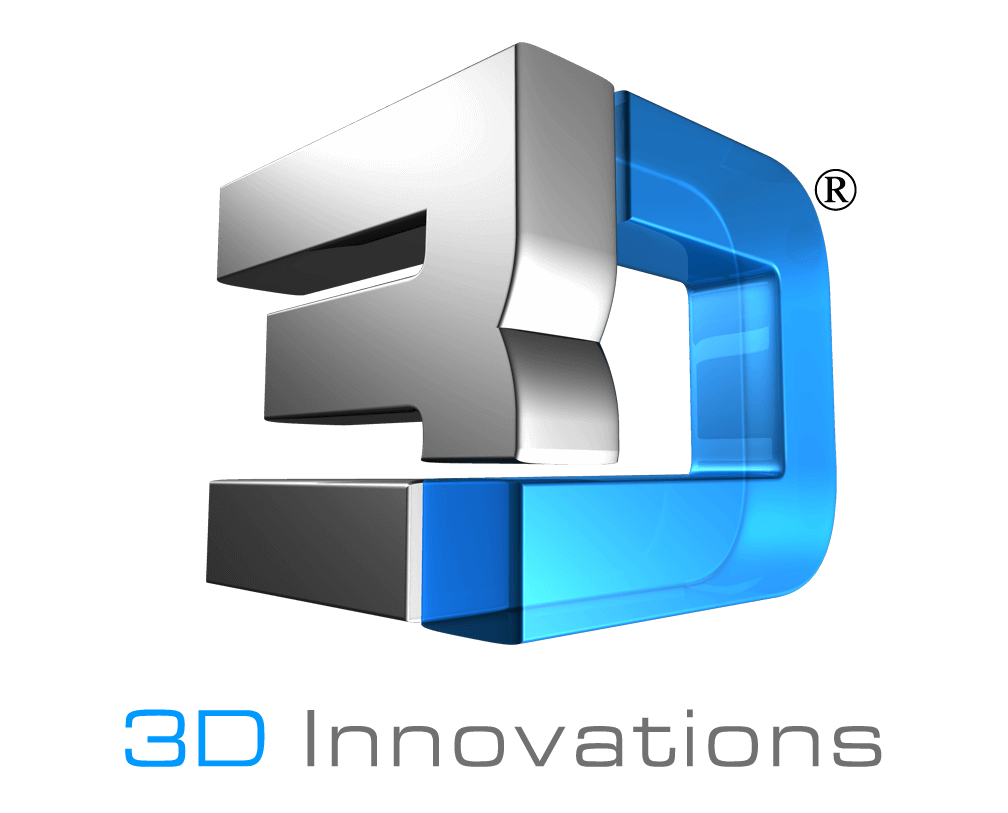 For many inventors a licensing agreement is often a great option since it lets them develop a product, but then puts the expenses associated with commercialization on a more experienced manufacturer.
For many inventors a licensing agreement is often a great option since it lets them develop a product, but then puts the expenses associated with commercialization on a more experienced manufacturer.
What is a licensing agreement?
A licensing agreement is a deal between the owner of a patent, brand, or trademark and someone who wants to use the patented or trademarked goods and services. (Upcounsel)
With a licensing agreement, an inventor (the licensor) develops an invention and then protects that invention through a patent, copyright, trademark, or trade secret, and thus creates intellectual property (IP). The inventor—the owner of the intellectual property—then licenses the invention to a second party (the licensee) whose responsibility is to commercialize the invention. As compensation for allowing another party to use its intellectual property, the licensor will receive a royalty.
There are many types of licensing agreements: trademark licensing, copyright licensing, patent licensing, software licensing and merchandise licensing. Intellectual property licensors use three main types of licensing agreements: exclusive license, non-exclusive license and sole license. (Read about each type on Upcounsel)
The Main Benefits of a Licensing Agreement
Globalization has made licensing agreements a very popular option for businesses and inventors. Often, licensing is a strategic way of entering international markets. A foreign company will obtain rights to produce and/or sell another company’s product in its home country.
Below is a list of the top benefits of licensing your invention/IP.
- The licensor (inventor) does not have to finance the commercialization process.
- The licensor avoids the need to create and operate a company.
- The invention will most likely get to market faster because a larger, more experienced company is handling the manufacturing and commercialization.
- The invention may reach more markets if the licensee is a large, well-funded enterprise.
- The licensor retains ownership of the intellectual property.
- It creates passive income for the licensor.
Overall, licensing agreements minimize risk for both parties involved. The licensor doesn’t have to setup a business and incur those additional expenses and the licensee doesn’t have to spend time on product development and testing.
Suggestions for Securing a Licensing Agreement
- Assess the complexity of your product. Is there a way to get a working version developed without extensive costs? 3D printing/additive manufacturing is a frequently used method to get a functional prototype ready because of its speed and the reduced costs associated with the technology.
- Identify manufacturers. Find out which manufacturers currently sell product lines to large retailers where you can see that your product would be a good fit.
- Create a functional prototype. Create a functional prototype of your product and pitch retail buyers. The goal is to get a commitment before you actually launch. You can possibly even offer them a few months of launch exclusivity. The mock-up of your packaging is also critically important. Your product must look as retail ready as possible.
- Setup a meeting with an IP attorney. The attorney will be able to go over the legal aspects of the licensing agreement with you and help come up with a plan that best suits your needs.
- Approach the identified manufacturers. If you want to get the attention of a manufacturer, before you even talk about your product, pitch the prospect your new customer, growing sales or the commitment from a major buyer. You’ll get an appointment, and your product has a better chance of moving to the front of the line in the new product development funnel.
Read our Case Study that details how our team worked on turning a consumer product idea into a manufacturable product for licensing to a large international retailer.
Have additional questions about licensing agreements for inventors? Please send us an email at info@3d-innovations.com
Articles Referenced:
- Licensing Agreement: Everything You Need to Know
- Intellectual Property Licensing Agreements
- Licensing May be the Bes Business Model for You
- A Surefire Way to Get a Licensing Agreement
______
3D Innovations is a Product Development Company – from the 3D Design to a fully functional 3D Prototype & Product.
Subscribe to the 3D Innovations newsletter on our Facebook page!

